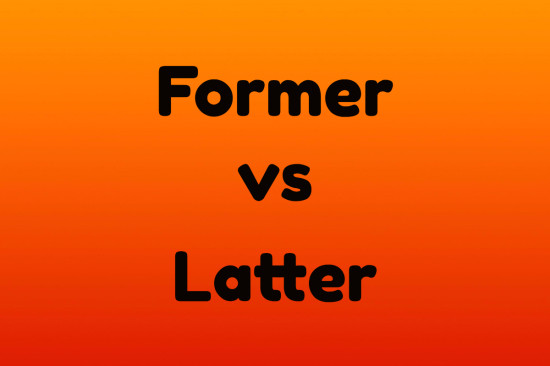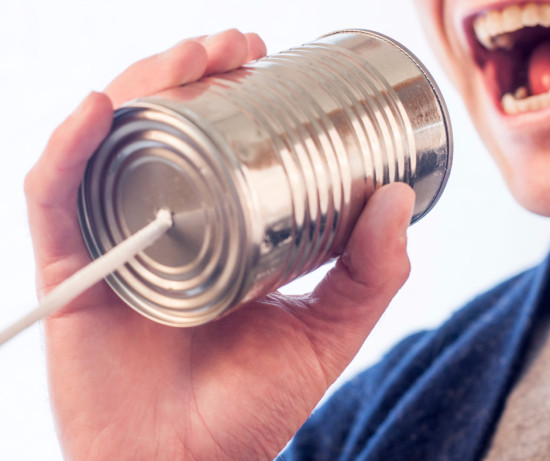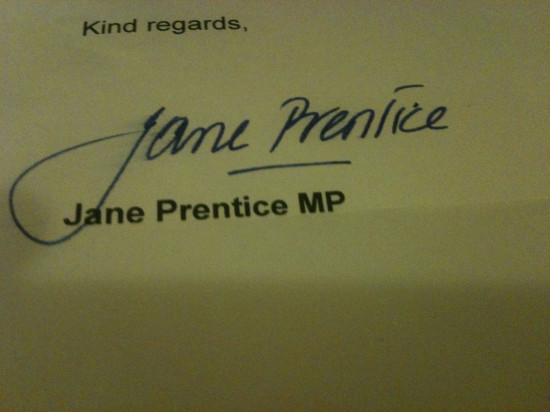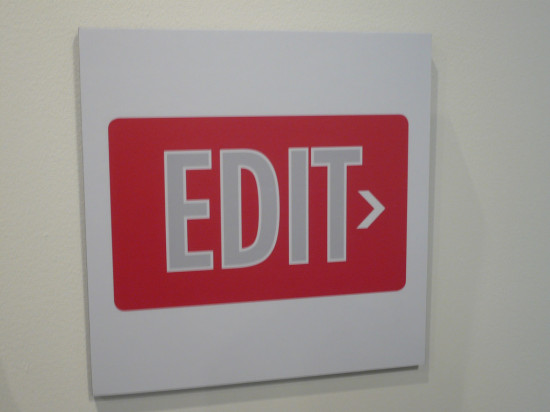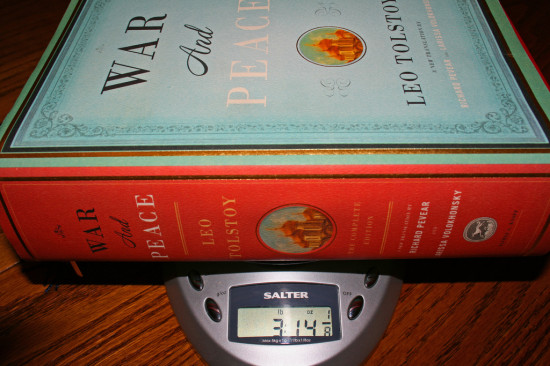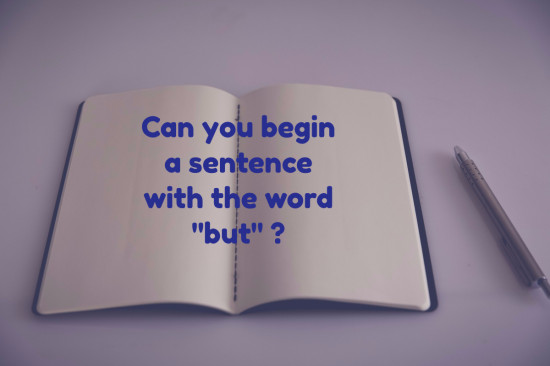What Is a Subordinating Conjunction?
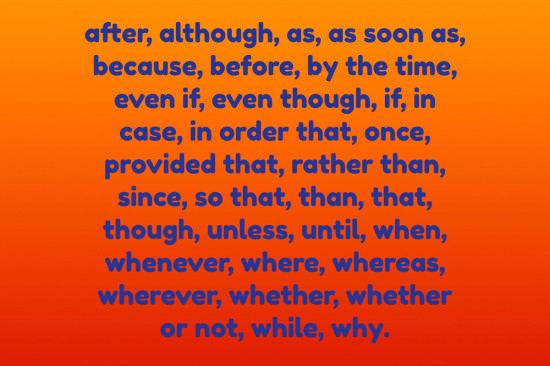
- If you dare to hit me,
Hey, don’t you want to know what’s going to happen next? Yes, because the idea is incomplete. It depends on the next clause to finish it… ,I will call Mommy for help!
This is the independent clause that finishes the sentence. It’s a whole statement that can stand on its own as a sentence; that’s why it’s independent. You can also see that “if” begins the dependent clause. That’s the subordinating conjunction. It can either come at the start or the end of the dependent clause. When it’s first, you always have a comma after the clause.
- When I get my revenge,
- Although I’m sorry I hit you,
- After we had the fight,
- Until we kiss and make up,
- Whenever you’re ready to apologize,
All the underlined words are subordinating conjunctions. Common examples of these include: after, although, as, as soon as, because, before, by the time, even if, even though, if, in case, in order that, once, provided that, rather than, since, so that, than, that, though, unless, until, when, whenever, where, whereas, wherever, whether, whether or not, while, why.
You can see a subordinating conjunction sometimes includes two or three words, so be careful not to think of it as a single word.
The function of this part of speech is to establish a condition. It could be a time, a place, a reason, or something else, but there is some type of condition being given.
- When I get my revenge, (you’re talking about a future event you want to happen)
- After we had the fight, (this is a past time)
- Until we kiss and make up, (this is a possible future event)
Again, it’s important to see these are all unfinished statements. They need the independent clause to form a proper sentence.
Because English varies from one English-speaking country to another, this rule is not followed much in Great Britain. Therefore, the British might consider this to be correct:
- After Johnny and Susie fought they agreed to be peaceful.
But what happens in a case like this?
- After Johnny ate Susie decided to have a meal too.
The sentence appears to say that “Johnny ate Susie”! So to avoid a misunderstanding (and laughter), it should always be:
- After Johnny ate, Susie decided to have a meal too.
Using the comma teaches you better habits and prevents you from writing ambiguous and confusing sentences.
It’s also important to note when a subordinate falls in the middle of a sentence, it normally does not have a comma before it.
- Johnny will go if Susie promises not to hit him.
- Johnny won’t go even though Susie promised to be good.
- Johnny will go provided that Susie stays home.
Sometimes there’s a natural pause before the subordinating conjunction, so having a comma makes sense.
- We should kiss and make up, if only to keep our cousins from gossiping about us.
One other situation where a comma is required occurs with “because” and a negative dependent clause.
- Don’t go because Susie doesn’t want you to.
Does this sentence mean the same as the following?
- Because Susie doesn’t want you to, don’t go.
The two probably have the same meaning; but what if the speaker really means this?
- Don’t go because Susie doesn’t want you to; instead, don’t go because you don’t want to.
If this is what he means, the first sentence should stay unchanged. But if he means
- Because Susie doesn’t want you to, don’t go.
Then he should write
- Don’t go, because Susie doesn’t want you to.
This is tricky, but you won’t find this situation very often.


